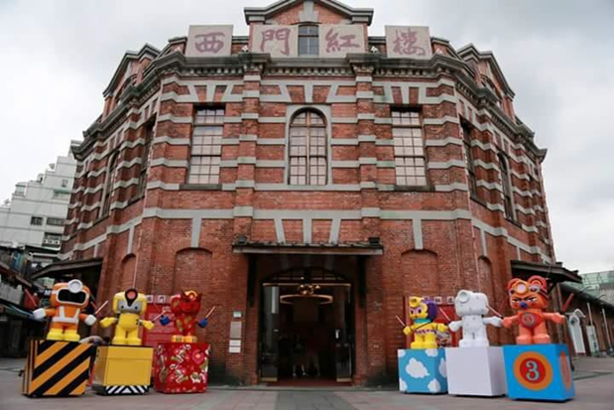報告者:李擇華
報告:PPT

文獻題目:探討城市空間中科技藝術裝置展示對觀眾經驗的影響模式—以《城市裡,施工也可以成為一種藝術》為例
文獻作者:何宜軒(臺北科技大學 互動設計系研究所)
文獻來源:台灣博碩士論文知識加值系統
摘要:The environmental crisis that emerges in the process of urbanization has gradually affected the quality of life in cities, resulting in the increasing attention placed on many issues in urban planning and urban design. Along with the trend in social development, the scope of artistic creation has gone beyond traditional exhibit space and entered our everyday life. The World Design Capital Taipei 2016 Design Support Project, Construction in Cities can also become an Art, merged the idea of social planning into the design to transform the image of traditional mechanical construction flaggers. Through illuminating the issues of beautifying the environment with art designs, the whole city is treated as a museum, serving as the spaces with different natures in the city for the exhibition of mechanical flaggers as a kind of technical art installation. This study conducted a questionnaire survey on people who had visited the four locations where mechanical flaggers were exhibited. It used museum studies as well as the AEF principle (Attract, Engage, Flip) in the IPOP(Idea, People, Object, Physica) visitor experience typology developed by Pekarik el at. (2014) as the foundation for the measuring items. Apart from analyzing the satisfaction of the visitors, this study established a model, investigating the relationship of mutual influence among the nature of environmental space, exhibition planning and visitor experience from the visitor’s point of view. The
results of this study indicate that in the display of technical art installations in city spaces, exhibition planning as a means that influences visiting experience mediates between the nature of environmental space and visitor experience. Moreover, the attractiveness of exhibitions may be the pivot through which exhibition planning exerts its influence on visitor experience. This study hopes that through this model framework and situational context, the planning of exhibitions not only can affect visitor experience, but can also further influence individual behavior, with a view to realizing the many more possibilities that exhibition planning may contribute substantially to society.
